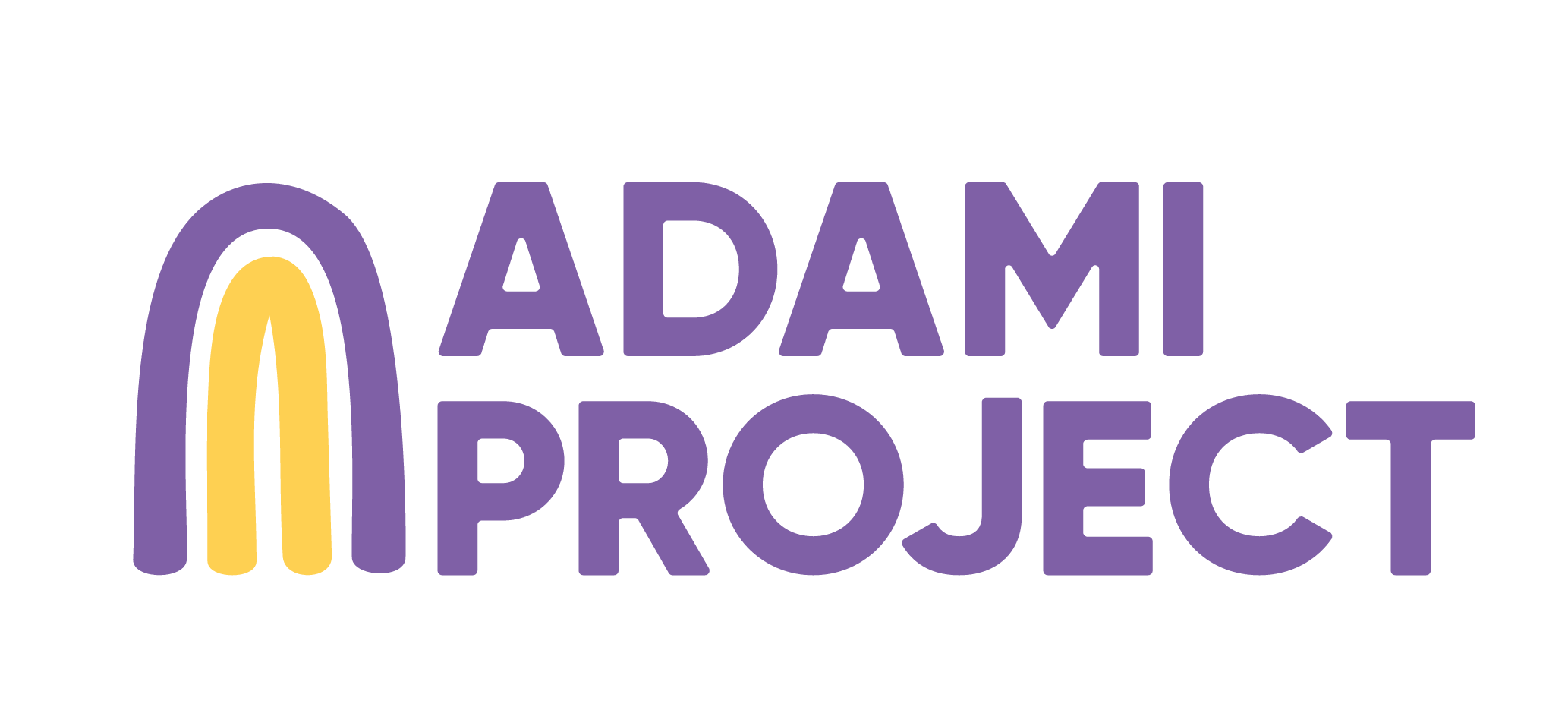COVID-19 Hits Sierra Leone: Our Response
Almost four years to the day after Sierra Leone was declared Ebola-free by the World Health Organisation, the country reported its first case of COVID-19. The recent memories of lockdowns and travel restrictions are being replayed in the present, and there are fears that the health system may again be overwhelmed if the number of cases continues to rise.
Most people in Sierra Leone live hand to mouth, using the earnings from that day to buy food. The closure of workplaces, markets and other places of trading to reduce the spread of COVID-19 is, therefore, having a severe impact on people’s ability to cover their daily costs, exacerbated by daily rises in the price of food.
Unfortunately, the closure of schools and vocational training centres, the travel restrictions and the ban on gatherings are all having an impact on our work. One of our mentors and one of our newly enrolled young mothers have been locked down in districts outside Bo, where we operate. This means that the young mother has missed the first two and half months of her work placement and cannot be reached by her mentor or access any other support. We will ensure that she receives the necessary support as and when she is able to return to Bo.
Many of our other activities have also had to be postponed indefinitely including the monthly trainings to improve the girls’ employability, and engagement events with the newly formed AdAmi Girls Network, an advocacy movement aimed at raising awareness of and support for the rights young mothers in Sierra Leone.
But we have been working hard to adapt our services because we know that whenever there are crises like natural disasters, young women are often the worst affected. This is what we have been doing to protect and support the girls enrolled into the AdAmi Project:
Induction – We were delighted to enrol 20 young women into this year’s programme in March. Unfortunately, they were not able to all come together for an induction workshop, but our team met with them in smaller groups to introduce them to the project.
Face masks – These are now compulsory for people to wear in public in Sierra Leone. The safety of the girls and our team is our highest priority, so we have provided them all with face masks.
Daily study groups – To make up for the school closures, our mentors have devised study timetables for the girls, who are meeting in pairs (while respecting social distancing) to work through the assignments. Our mentors are checking in with them every day to ensure they stay on track.
Radio learning – The Government in Sierra Leone is also preparing lessons to be delivered over the radio for children unable to attend school. We have bought radios and batteries for the girls on the programme so that they can tune in.
Sewing machine and tutorials – The vocational training centre where two of our girls were learning tailoring has closed because of COVID-19. To enable them to continue developing their skills, we have bought a sewing machine for them to use. We plan to support them to make some small items which they can then sell in their communities, enabling them to earn an income.
Mentoring – Our mentors are meeting with the girls even more regularly than usual, while wearing face masks and observing social distancing measures. Their role is especially important as with the closure of schools and vocational training centres, there is a risk of girls becoming disengaged and even becoming pregnant again.
Thankfully, all of the girls on the programme are in good health, and the twenty on vocational work placements have been able to continue their training uninterrupted. But much remains unknown and uncertain about what will happen in the next few weeks and months.
One thing that is sure is the importance of supporting young mothers in Sierra Leone now and into the future. Given the likely economic impact of the coronavirus on the country, enabling marginalised girls, who would be among the worst hit, to support themselves and their children has never been more essential.


